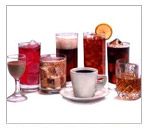 Caramel
Colors strength is defined as its Tinctorial Power, KO.56.
Tinctorial power is the absorbance of a 0.1% weight / volume
solution. It is measured through a 1 cm light path at a wavelength
of 560 nanometers (nm). The weight/ volume is measured using a high
quality spectrophotometer. Higher the value of the absorbance,
darker is the Caramel Color.
Caramel
Colors strength is defined as its Tinctorial Power, KO.56.
Tinctorial power is the absorbance of a 0.1% weight / volume
solution. It is measured through a 1 cm light path at a wavelength
of 560 nanometers (nm). The weight/ volume is measured using a high
quality spectrophotometer. Higher the value of the absorbance,
darker is the Caramel Color. Color tone is also an important factor. The color tone is defined by the Hue Index that is the measurement of the color hue or red characteristics of the Caramel Color, a function of the absorbance at 510 and 610 nm. As a fact, the higher the Tinctorial Power, lower will be the Hue Index and the lower will be the red tones.





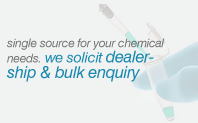

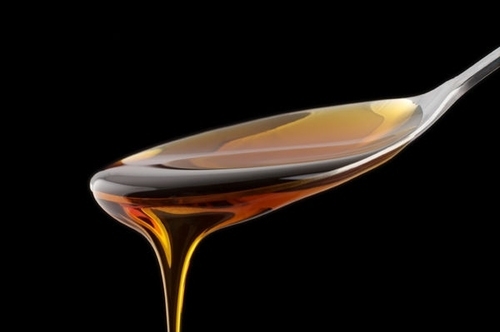
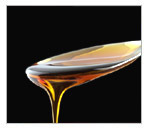 One
of the most important features of the caramel color is that it is easy to
handle and store because of its inherent chemical properties. The chemical
composition of the caramel color is such that it retains its microbiological
stability for longer periods provided it is stored in proper packings. Since
we follow the international production process approved by the US FDA and
European countries, our caramel colors comply with the international quality
standards.
One
of the most important features of the caramel color is that it is easy to
handle and store because of its inherent chemical properties. The chemical
composition of the caramel color is such that it retains its microbiological
stability for longer periods provided it is stored in proper packings. Since
we follow the international production process approved by the US FDA and
European countries, our caramel colors comply with the international quality
standards. 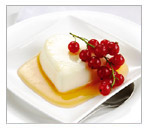 We
offer a complete range of caramel colors that serve almost every segment of
the food & beverages industry. Different applications and usages of
caramel color in given below:
We
offer a complete range of caramel colors that serve almost every segment of
the food & beverages industry. Different applications and usages of
caramel color in given below: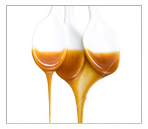 Caramel
color usually contain sulfites because it is produced by using
sulfite reactants. Since the percentage of the sulfite is very low,
it is taken into account of consideration while complying to the FDA
regulations. Positively charged caramel color is also produced. In
its production process, sulfite is not used. We have developed such
caramel color that helps the food manufacturers to keep sulfite
content low in their products.
Caramel
color usually contain sulfites because it is produced by using
sulfite reactants. Since the percentage of the sulfite is very low,
it is taken into account of consideration while complying to the FDA
regulations. Positively charged caramel color is also produced. In
its production process, sulfite is not used. We have developed such
caramel color that helps the food manufacturers to keep sulfite
content low in their products.